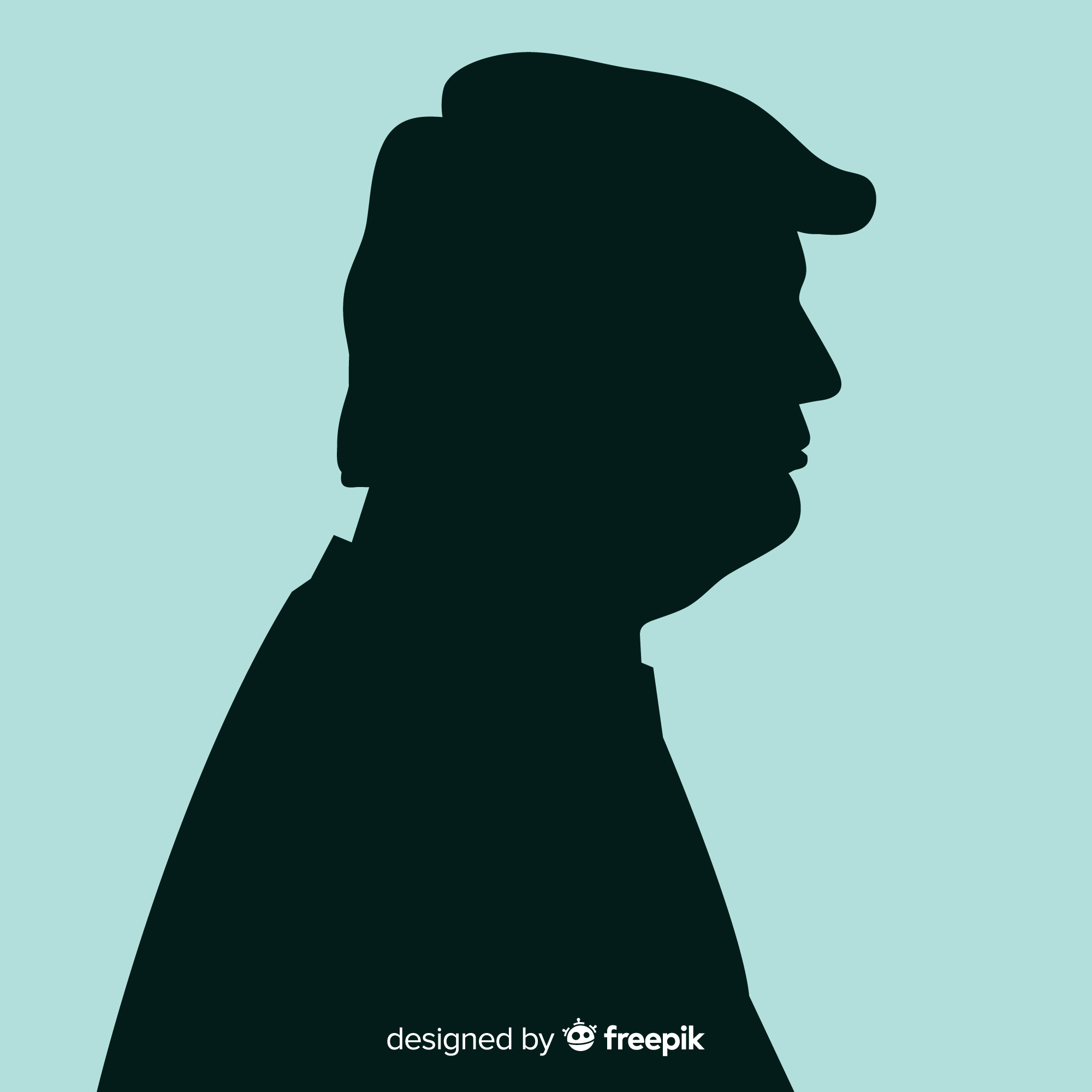As right-wing movements have mounted increasingly strong challenges to political establishments across Europe and North America, many commentators have drawn parallels to the rise of fascism during the 1920s and 1930s. Last year, a French court ruled that opponents of Marine Le Pen, the leader of France’s National Front, had the right to call her a “fascist”—a right they have frequently exercised. This May, after Norbert Hofer, the leader of Austria’s Freedom Party, nearly won that country’s presidential election, The Guardian asked, “How can so many Austrians flirt with this barely disguised fascism?” And in an article that same month about the rise of Donald Trump, the Republican U.S. presidential candidate, the conservative columnist Robert Kagan warned, “This is how fascism comes to America.” “Fascist” has served as a generic term of political abuse for many decades, but for the first time in ages, mainstream observers are using it seriously to describe major politicians and parties.

Populism is not fascism, but it could be a harbinger, by S. Berman
Source Foreign Affairs Magazine - Nov 18, 16
